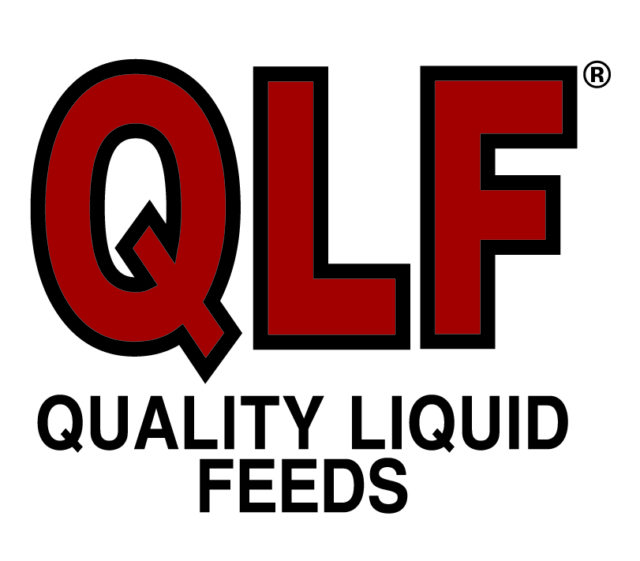There seems to be a fair amount of confusion in our industry over the status of charcoal powder as a feed ingredient. In 2012, the Association of American Feed Control Officials gave a ruling effectively banning the addition and manufacture of plant-based activated charcoal for feeding purposes.
Founded in 1909, the AAFCO provides guidelines for developing and implementing uniform regulations for the manufacture, labeling, distribution and sale of animal feed that result in a safe, effective and useful product.
Each year, the association publishes guidelines manufacturers must follow. This includes the recent withdrawal of activated charcoal as a feed ingredient by listing it in its table of withdrawn ingredients.
The ruling means that manufacturers can no longer legally add charcoal powder to feeds or supplements. The reasoning behind the removal of charcoal powder includes but is not limited to: fear of dioxin contamination in charcoal and the indiscriminate use of charcoal in pet food as a mycotoxin binder or for binding other contaminants.
Activated charcoal had never been defined as a feed ingredient, but rather was a feed term for its physical form. In this case, charcoal was defined by AAFCO as “dark-colored porous forms of carbon made from the organic parts of vegetable or animal substances by their incomplete combustion.”
In this regard, terms are different from ingredients. For example, corn is an ingredient and “steam-flaked” is a term for its physical form. Another example might be “roasted” or “extruded” soybeans where the ingredient is soybeans and the terms roasted and extruded characterize its physical form.
Another concern with charcoal was that it has no nutritional value and there has been a concern over possible contamination.
So why was charcoal put into feed and supplement capsules in the first place? You may also be wondering what the alternatives are now that products containing charcoal are no longer available.
Producers and feed manufacturers discovered charcoal powder works as a “binder” for things such as mycotoxins, molds and other harmful materials in feed. Charcoal powder was a very effective product with excellent adsorptive capacity, which is what made it such a desirable ingredient.
In toxicology, it was regarded as a “universal antidote” to accidental poisonings. Even though production with charcoal powder has been discontinued, producers may be allowed to use their current inventory until it is gone. Check with your local regulatory authorities. However, most manufacturers stopped production in 2012.
There are other effective alternatives to charcoal products. In fact, there are several different types of alternative bindings or “detoxifying” agents being sold commercially. One is a clay-based binder that has a similar response to charcoal.
Another ingredient that is becoming more familiar is kaolin, a silicate mineral. While these two alternatives are the most used right now, research is being conducted on organic polymers for binding toxins.
Both kaolin and clay-based products can be used similarly to the former charcoal-powder products with comparable results. Recently the state of Texas approved a silica-based product as an aflatoxin binder within its state.
In conclusion, AAFCO has now made the manufacture of charcoal powder products illegal, resulting in a switch to products containing silica, kaolin and clay. These products have shown to work in a manner similar to the charcoal-based products.
But AAFCO or FDA has not approved any of these products as mycotoxin binders. Consult with your nutritionist or veterinarian about the effect of this ruling on products used on your operation. PD
Whitten is a veterinarian with 27 years of private practice experience and several years as a nutritional consultant. He currently is employed by Vets Plus as a technical field support veterinarian.
Tom Whitten
Technical Field Support Veterinarian
Vets Plus






